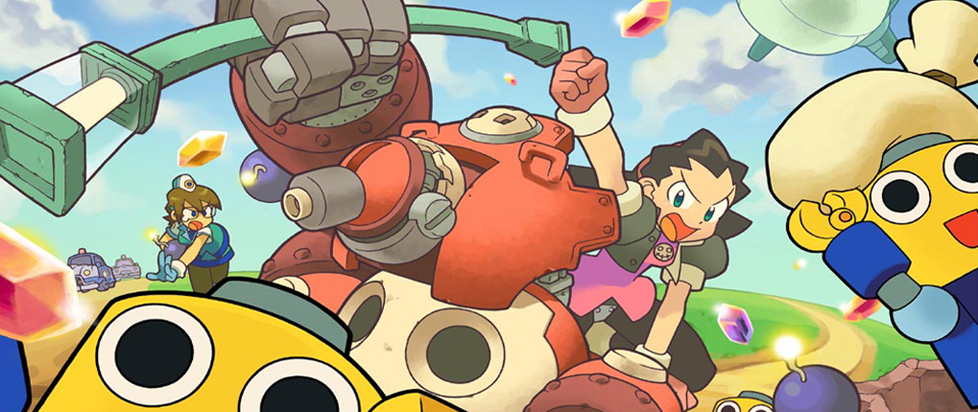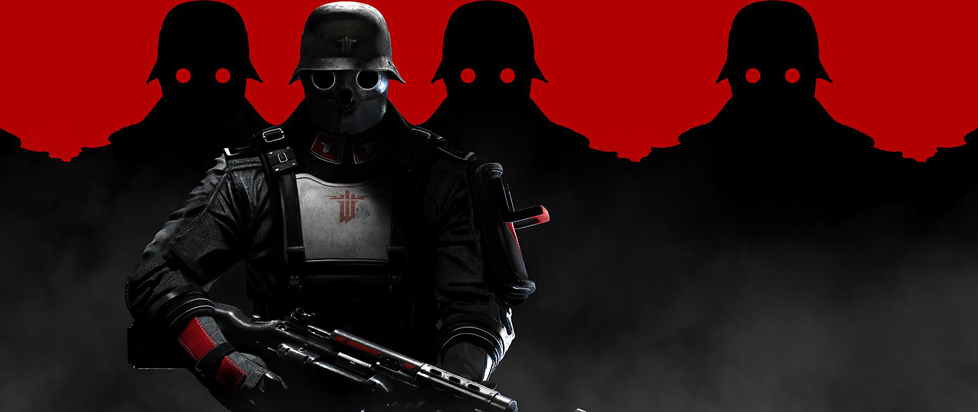
Tron Bonne and the Family Business
Videogames and capitalism are strongly intertwined, not just in how they’re made, but in what’s being made at all. The most prominent games reflect capitalist ideologies on some level. In some eyes, they have to: both Marigold Bartlett and Stephen Swift see the success/failure dichotomy that so many games rely on as being rooted in capitalist thought. And although Bea Malsky, writing for New Inquiry, argues that games like Diner Dash and Kim Kardashian: Hollywood legitimize emotional labor, even she has to admit that playing these games still feels like labor.
There’s an inverse to this, though: if games as we know them embody capitalistic tropes, then it’s possible for them to subvert those tropes, as well. Cart Life and the Wario Land games already do that, but the game I want to focus on is The Misadventures of Tron Bonne. Yes, the Mega Man Legends spin-off. It moves past criticizing capitalism so it can imagine alternatives to it. In her quest to pay off her brother’s debt, the eponymous Tron Bonne cobbles together a labor system that doesn’t treat its workers as interchangeable parts, but allows her to see them as individuals capable of realizing their full potential.
Surprisingly, Tron’s system finds its roots in the writing of Charles Fourier. An early 19th century French philosopher, Fourier criticized not only burgeoning capitalist systems, but also the very societies that gave birth to them. He saw the latter as this frigid thing that declares a person’s natural impulses to be wrong and then seeks to suppress them. Capitalism isn’t much better; it disregards the well being of its workers, treating them as little more than cogs in a larger machine. For Fourier, the only legitimate economic system would be one that held the welfare of its workers as its base. It would allow workers to form groups organically, centered on mutual bonds instead of some impersonal duty. And it would allow workers to follow their passions, working only on those tasks that are meaningful to them.
Tron has created such a system, and it serves as the foundation for The Misadventures of Tron Bonne. While many consider the action missions to be the game’s main attraction, it’s hard to deny just how much time you spend managing Tron’s base. Here, Tron oversees what her Servbots are up to and directs them accordingly, deciding what new technology to develop and what new leads to follow up on. The most notable aspect of Tron’s economic system is the degree of autonomy she grants the Servbots working for her. Despite ostensibly being their boss, she takes a surprisingly  hands off approach to managing them. She lets them form groups to organize their labor, and although she has them perform tasks that might not align with their natural talents (more on that in a bit), she does her best not to infringe on their individual autonomy. In short, Tron has created an economic system in which each Servbot can flourish as an individual.
hands off approach to managing them. She lets them form groups to organize their labor, and although she has them perform tasks that might not align with their natural talents (more on that in a bit), she does her best not to infringe on their individual autonomy. In short, Tron has created an economic system in which each Servbot can flourish as an individual.
It’s this aspect, the game argues, that allows her system to succeed in the first place. We can see this by looking at what exactly Tron and company accomplish over the course of the game. They excavate ruins; they pull off several amazing bank heists; and they’re able to develop the level of technology/organization that’s necessary to make any of that happen. Not only are these amazing feats in their own right, but they also require such specialized talents that Tron could never achieve these goals by treating her Servbots interchangeably. To achieve them, she’d have to create an environment where each person had the space to learn about themselves, develop their talents individually, and contribute what they can. And that’s exactly what a Fourier-esque system facilitates. By centering labor on the individual, and economic organization around mutual bonds, this system fosters stronger emotional bonds between the worker and their task. And because they’re emotionally invested in their own work, they’re able to accomplish the kinds of things that the Servbots get done.
You’ve been reading an excerpt from Unwinnable Monthly Issue 65.
To read the article in its entirety, please purchase the issue from the shop or sign up for a subscription to Unwinnable Monthly!





